Bayer products have been the focus of four posts on this site and referred to in many others. Like other pesticide manufacturers, it is stoutly resisting attempts to ban damaging products by hiring ‘influencers’ in France and other countries.
In the United States Bayer is facing thousands of cases claiming that Roundup’s active ingredient glyphosate caused cancer and other diseases and there are calls for a ban in Britain, the latest coming from Richard Bruce. who is working with his MP.
who is working with his MP.
In December 2022 a reader living in Wales drew attention to Reuters report that Bayer, France’s crop chemical and pharmaceutical group – after a 15-year legal battle – had been ordered to pay a ‘miserly’ compensation of 11,135 euros (£9565) to a French farmer who inhaled fumes from Bayer’s weedkiller Lasso, which caused neurological problems, including memory loss, fainting and headaches.
Francois’ verdict: Farmer Paul Francois (left) said “11,000 euros for so much sacrifice, 11,135 euros for 15 years of life put between brackets, of sleepless nights, I would perhaps have done better to use this time to play the lottery”.(France-Justice).This is a strong signal from our justice system in France: ‘We don’t touch these multinationals’.”
Vakita, an activist video-on-demand platform, reports that in 2021, a manufacturer of pesticides paid an Instagrammer with 700,000 followers to defend a herbicide, which the EU was threatening to ban due to its risk to wildlife and the environment.
A full data set of the evidence on this table is available on request from DeSmog. It can also be viewed in DeSmog’s Agribusiness database, which includes profiles of all the above listed companies.
Industry has lobbied hard to ensure these targets don’t become law
The Big Ag lobby in Brussels has repeatedly suggested that the EU should not focus on legally binding cuts in agrochemical use, and sought to replace the ambitious targets already agreed by the European Parliament with weaker alternatives.
While the industry states that it is not against the principle of setting targets, it has opposed them in practice, labelling EU targets in the “SUR” pesticides-reduction plan as “non-data based”, “unrealistic”, “pointless” and “counterproductive”.
 In 2021, for example, farm lobby COPA-COGECA sent MEPs numerous industry-friendly amendments to the sustainable farming strategy – and suggested the removal of commitments that would make targets legally binding.
In 2021, for example, farm lobby COPA-COGECA sent MEPs numerous industry-friendly amendments to the sustainable farming strategy – and suggested the removal of commitments that would make targets legally binding.
The message – which echoes positions often used by the fossil fuel lobby – is that EU policy should optimise incentives (see Discourses of climate delay, Cambridge journal opposite). As pesticide trade body CropLife Europe says: “let’s focus on transition, not just targets”.
Meanwhile, as CPR reports, people will continue to suffer short-term health effects, including stinging eyes, rashes, blisters, nausea, dizziness , diarrhoea. Young children (EPA, p3), farm workers and pesticide applicators who receive greater exposures are more vulnerable.
Chronic conditions due to pesticide exposure include cancers, birth defects, reproductive harm, immunotoxicity, neurological and developmental toxicity and disruption of the endocrine systemwhich are described on several US government websites (links above).
o
o
o
o
o
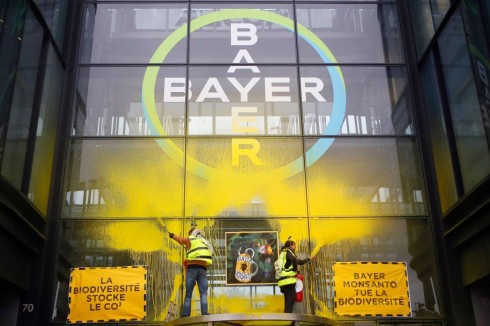
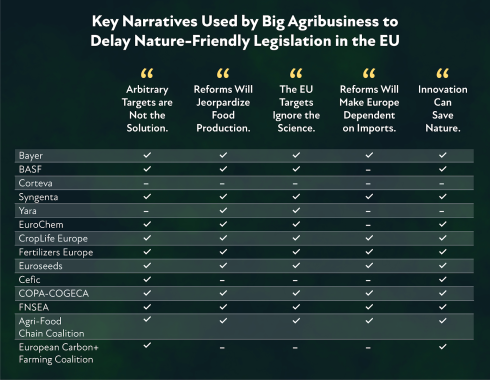














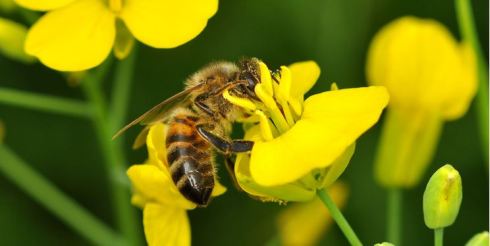






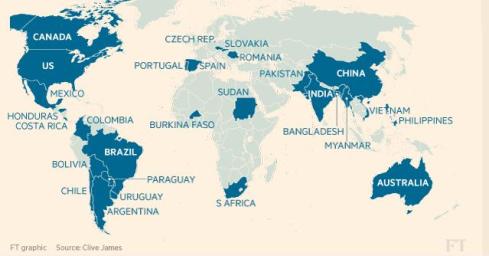
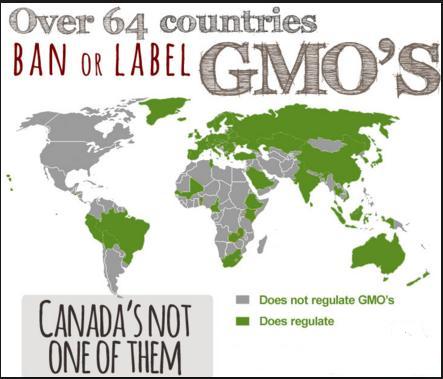



Recent Comments